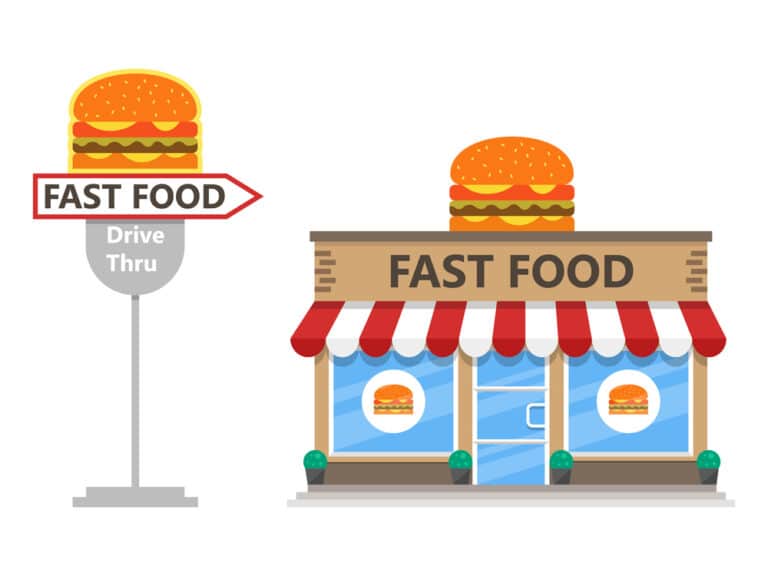The U.S. Department of Labor (DOL) recently published a new rule on January 10, 2024, which is set to take effect on March 11, 2024. Click the link here. This rule will bring significant changes to the Department’s guidelines for distinguishing between employees and independent contractors under the Fair Labor Standards Act (FLSA).
The DOL’s updated guidelines provide changes in the way an employer determines whether a worker is an independent contractor or an employee. Instead of using the “core factors” outlined in the previously published rule titled “Independent Contractor Status Under the Fair Labor Standards Act” (2021 IC Rule), the new guidelines return to a totality-of-the-circumstances analysis, where the factors are not given predetermined weight and are considered based on the economic reality of the entire activity. This however, is different than the test used in California.
Determining if your business falls under the FLSA is important, as not all employers are subject to it. Seeking the advice of experienced counsel is necessary to make this determination. In California, the process of determining whether a worker is an employee or an independent contractor is more complex and narrow, commonly known as the “ABC” test. Depending on where your business is located, there are a variety of tests and criteria that must be considered, and no one factor can determine independent contractor status. Instead, each factor must be evaluated in light of whether the worker is truly in business for themselves or economically dependent on the employer. Employers should also understand that the DOL’s guidance on proper classification of workers/independent contractors is not legally binding, although courts often defer to agency interpretations of statutes and regulations. Properly classifying employees as independent contractors is crucial, as misclassification can result in legal liabilities for employers due to violations such as failure to pay minimum wage, overtime pay, and other benefits, which can be costly. Even if your company is based outside California, but you employ a workforce or even a few employees in the state of California, make sure you know what California law requires of your business.
Here at Chauvel & Glatt, we are a team of experienced employment law professionals who can guide you through this complex area of law.






